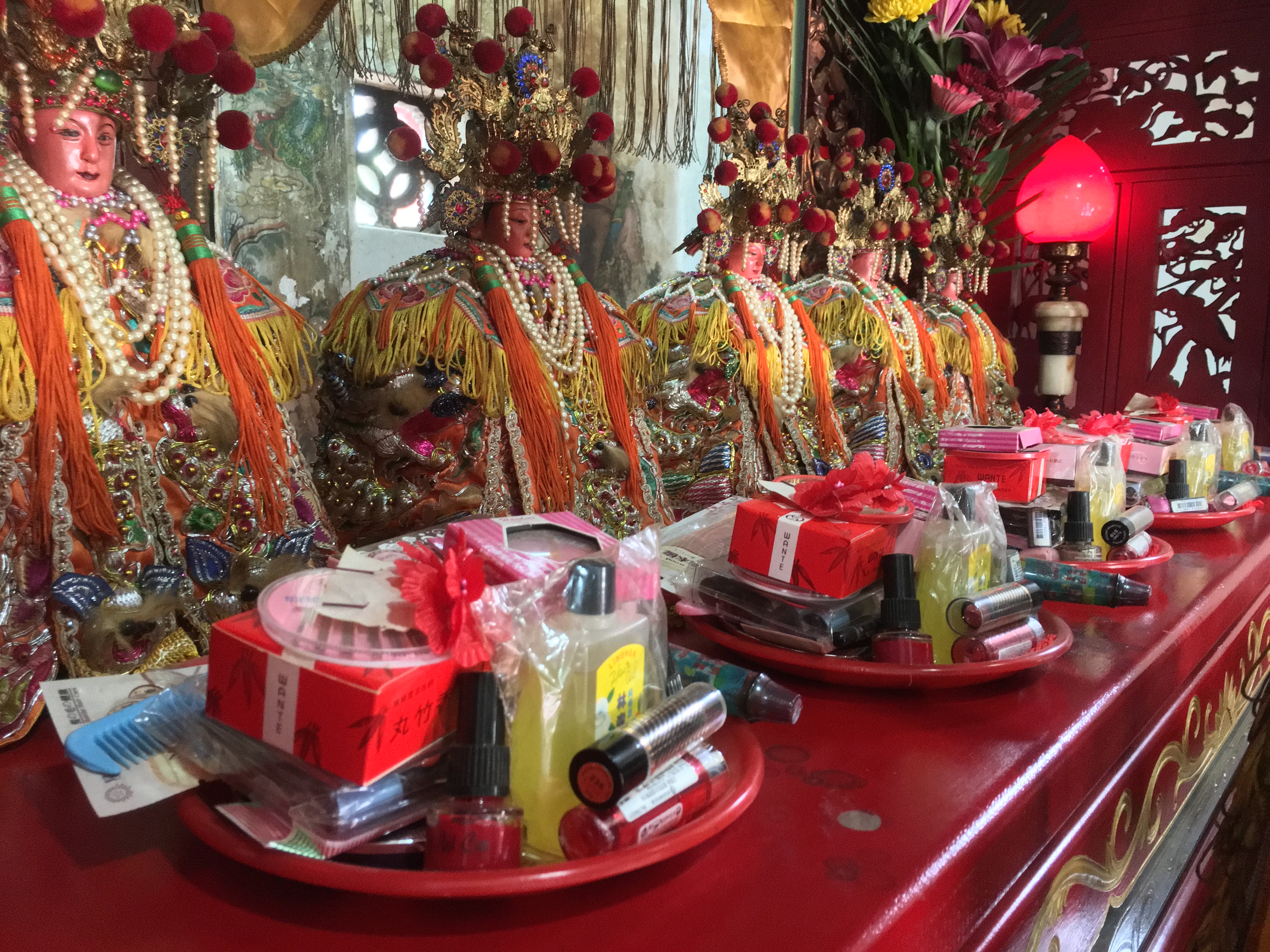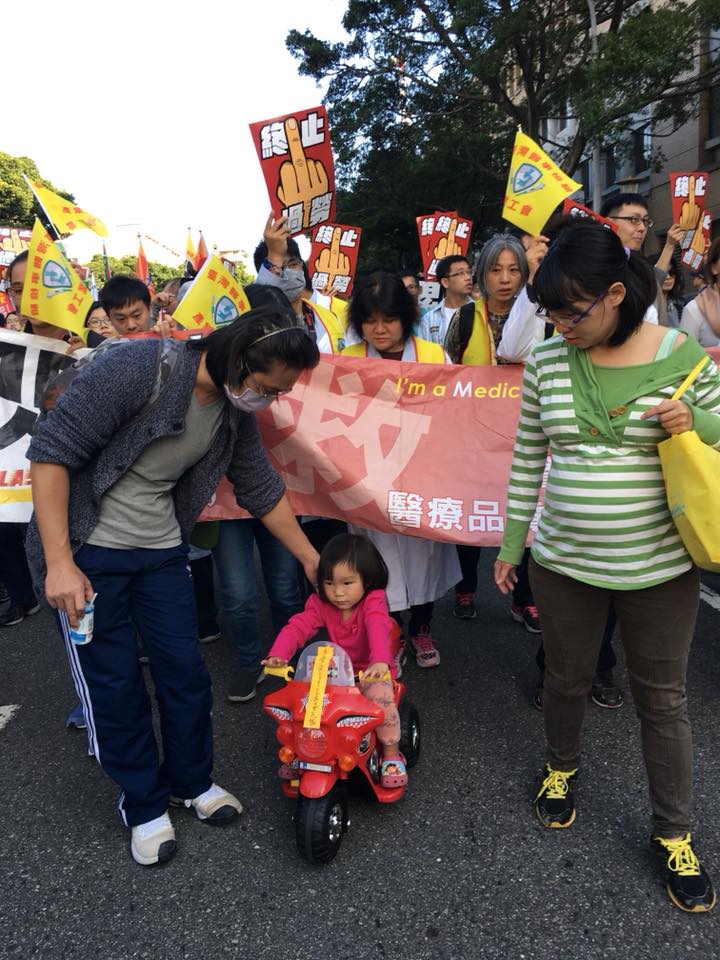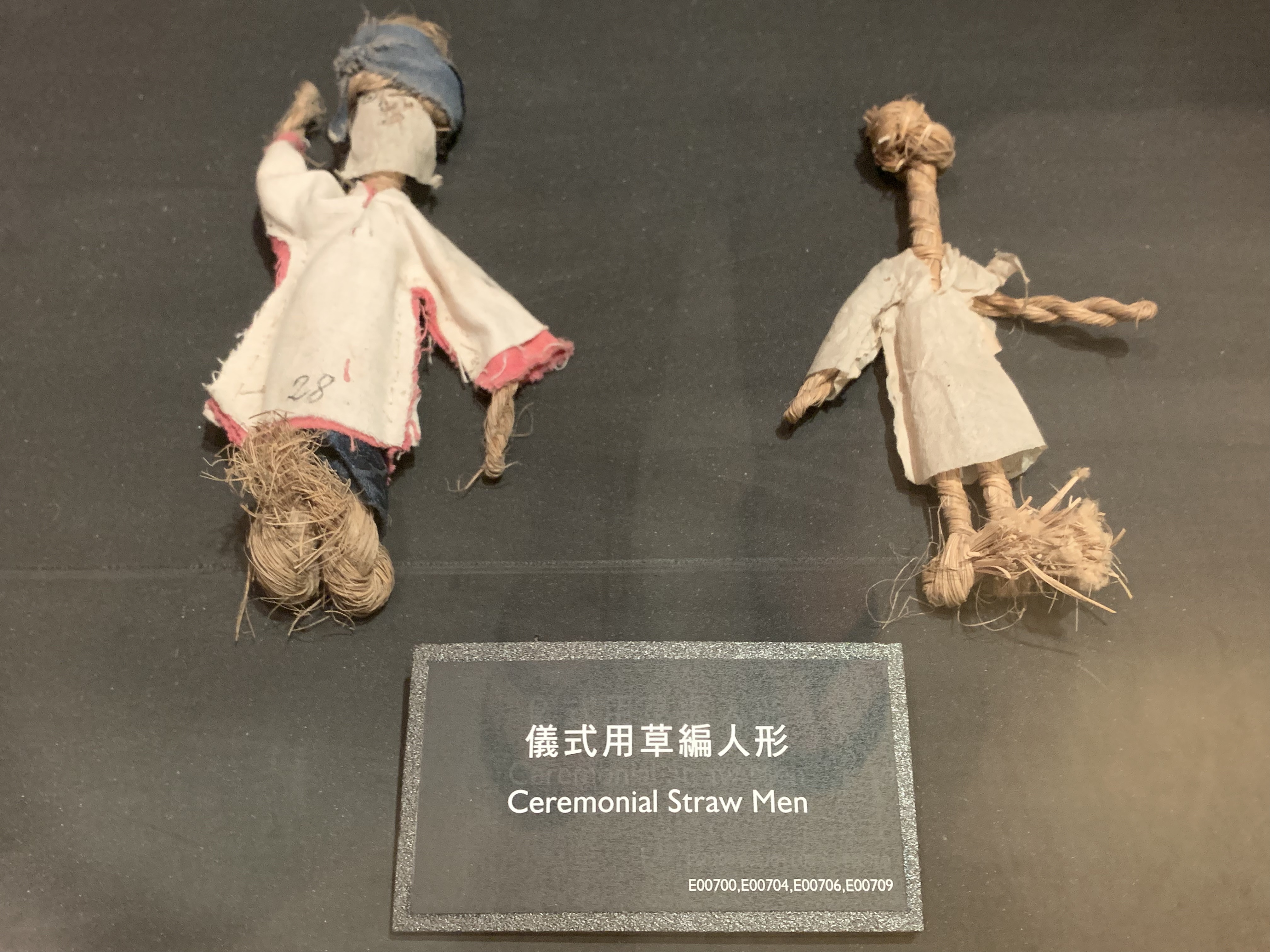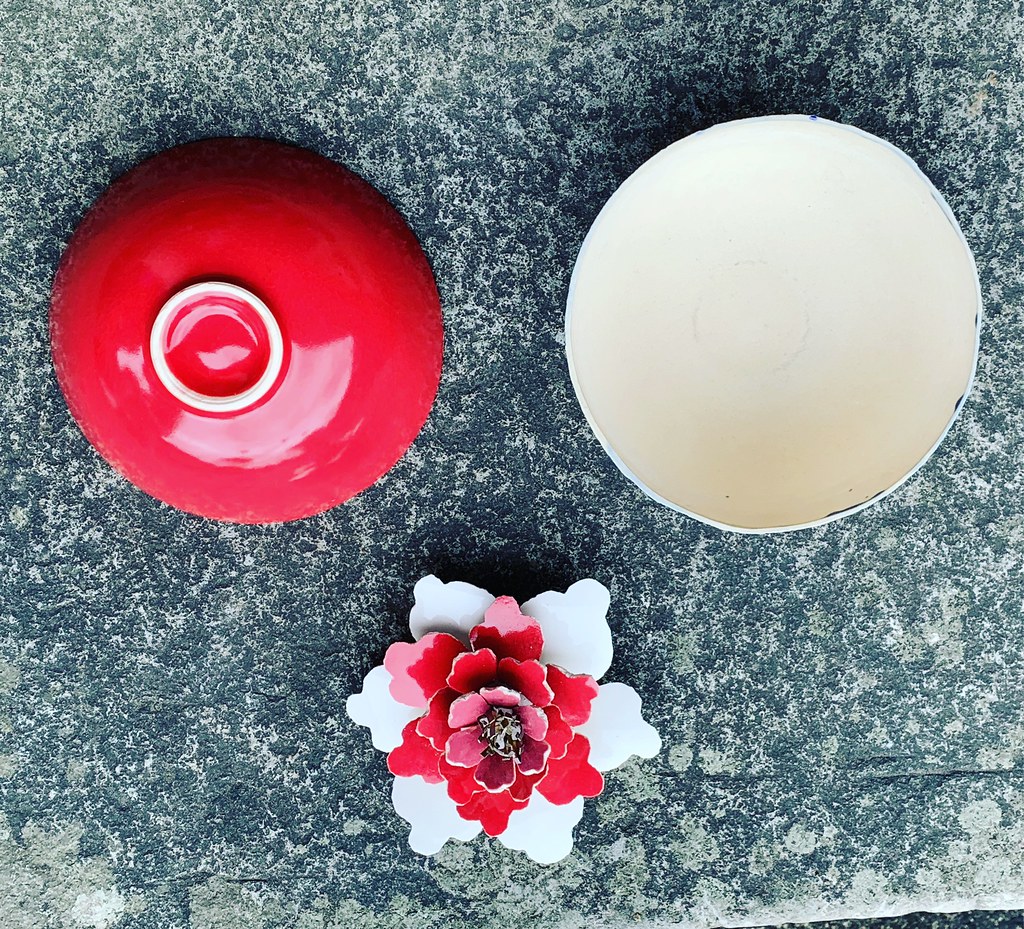As with the fictional garden in the title of this novel, it's hard to know where to begin with Li Ang's 1990 classic, not always clear which path you're on, nor where it will bring you, nor where or whether exactly it ends. If other writers use framing devices, spiraled time or narrative parallels in their work, Li Ang turns her story into a literal garden path.
Li Ang 李昂, not to be confused with the famous film director, is the pen name of Taiwanese feminist writer Shih Shu-tuan 施淑端. Well-known in Taiwan, most notably for her 1983 novel The Butcher's Wife, very few of her works have been translated into English. She's known for her frank engagement with politics and criticism of the KMT, her feminist critiques of patriarchy in Taiwanese society, and her even more frank exploration of psychosexual themes and female desire.
The two main stories -- the first of protagonist Chu Yinghong's childhood in the garden with her spendthrift father Chu Zuyan, worried mother and household staff, the second of Taiwan's booming real estate market and the seedy nightlife of the nouveau riche that boom created -- gracefully curve around toward each other, then away in a series of figure 8s, or infinity symbols, or two garden paths that intertwine in places but may or may not connect at the other end.
Yinghong's childhood is partly the honey-hued memories of a child: the gossip of the staff, looking through carved windows shaped like vases, her father spending time in different parts of the garden, her mother's perfumed nightgowns. And it's partly the dark undercurrent of Taiwan's White Terror: her father had been sent to prison, only freed because it was thought he would die, and is still being watched. Smaller stories wend themselves away from this central path as well: how the garden came to be, the odd names of some of the pavilions, such as "Flowing Pillow", the flowers themselves, a teacher at school, a fire deliberately set, her father's purchases, something Yinghong once wrote in an essay which places her character as the inheritor of Taiwan's older and often crueler history. Some are dead ends, some meander back into the story. Some look as though they are going toward one pavilion but then turn abruptly toward another.
On the other path, an adult Yinghong resolves to win the affections -- marriage, though perhaps not love exactly -- of real estate tycoon Lin Xigeng, despite his known carousing and previous marriages. Metaphorically, the story works: Lin is the 1970s "Taiwanese Dream", the new real estate boom, the Asian Tiger moneymaker. One reviewer described him as seeming like a 'white phoenix' rising from the ashes of the old Taiwan Yinghong knew, as well as Gatsby-like in his chasing of his gold-plated dreams. I'm not so sure about that, as Lin doesn't appear to have any sort of inner life; if he does, from Yinghong's viewpoint we get no sense of it. The main thing she seems to want from him is the funding to renovate her family's garden.
That, and sex. Li Ang explores the different ways their sex life manifests, and the feelings it engenders: trepidation, titillation, desire, dissatisfaction. There is perhaps a sense that she ends up trading her sexuality for an unsatisfying marriage to a fundamentally unappealing man in order to get what she wants for her family's legacy, which is tied up in a curse handed down from one of her ancestors. At the end, Yinghong realizes exactly what it is the curse has taken from her.
Before that, though? Reader, there is quite a bit of blowjob. It is...how do I say this -- very much a lot. These pages explore Yinghong's inexplicable combination of desire and reticence or even perhaps revulsion, and they are exceedingly graphic. To this reader, that much time spent with an unappealing man's penis also felt like the literary equivalent of an unsolicited dick pick. I suspect, subtextually, this might have been intentional.
Everything about Lin and his 'set' is portrayed as crass: superficially glittering (in one venue the ceiling is literally spray--painted gold) but ultimately cheap. Where she begins to see a marriage with him -- the old and the new together -- as a path forward for a modern Taiwan, she ends by realizing that she alone is the true inheritor of Taiwan's past, and he is means to an end. Look for this in one of the final scenes: he may carry on affairs and act like he's king of the island, but in that garden he is lost without her.
That Chu Yinghong is portrayed as more sympathetic than Lin Xigeng (who feels more like a cardboard cutout than a man -- that is, a cardboard cutout with an exceedingly annoying penis that just keeps popping out whether you want it to or not) is the inevitable result of a narrative that contains semi-autobiographical elements. Li Ang, after all, was born to a wealthy Taiwanese family in Lukang which stood against the KMT.
The garden path I most enjoyed meandering down was the political one. Rather than explain in dull detail how Li Ang uses botanical metaphors to achieve this, I'll share a passage:
Ignoring objections from elders in the clan, Father went ahead with his plan. He disagreed with their practice of imitating Mainland garden architecture, including planting similar trees; the saplings they had taken so much trouble to find on the Mainland would not necessarily thrive in Taiwan.
‘Why plant trees that won’t do well in the local climate? It’s better to grow indigenous trees and flowers,’ Father continued in Taiwanese. ‘Your children may be born in the year of the dog or the pig, but they’re still your own flesh and blood.’
Pines from the frigid zones baked in the harsh sun of central Taiwan for nearly half the year and lost the resilience of evergreens in the snow, where deciduous trees wither till the spring. They manage to put forth anemic needles on shapeless branches. The pines were dug up and replaced by star fruit trees.
The star fruit trees came in mature forms, though many leafy branches were trimmed for the transplanting process. When spring arrived, tender, green, delicate leaves sprouted with impressive vitality. With the autumn wind came blankets of red flowers, so tiny they weren’t particularly attractive by themselves, but the concentration of many shades of red presented an eye-catching yet sorrowful beauty, especially when blown off to the ground by strong winds. The ground was covered with small flowers, like blood-red tears.
With the arrival of winter, the tears disappeared, as if they’d shed their last drops of blood, and were replaced by small star fruit hanging on the trees like tiny green stars....but soon afterward, the starlike fruit began to fall, until not a single one was left. This time Medan explained that the newly transplanted trees needed time to recover from the uprooting and branch trimming before they could properly nourish the fruit.
Oof, right?
Comparisons are drawn to many of the historical gardens and homes across Taiwan. You can see in the description of the garden and the family that inhabits it -- as well as its placement in the distant suburbs of Taichung -- something of the Wufeng Lin family mansion. In the 'old Taiwan' aesthetic and silted-up port, you see Li Ang's hometown, Lukang. In the meandering garden paths and pavilions, perhaps a shade of the Banchiao Lin family garden.
These implicit comparisons invite the reader to consider the ways such old families have shaped Taiwan, especially when Yinghong is asked why she chose a private management trust for the Chu garden rather than donating it to the government. Notably, the Lin Family Garden in Banchiao chose to work with the government (which is why the entry fee is so low). The Lin Family Mansion in Wufeng chose to continue private management.
Chu Yinghong explicitly addresses this, asking why she'd give her family's garden to the government that oppressed her father.
It's a good question, and teases out the ways that politics, money, cultural heritage and love (or lust) can shape individuals, families and a nation.



















